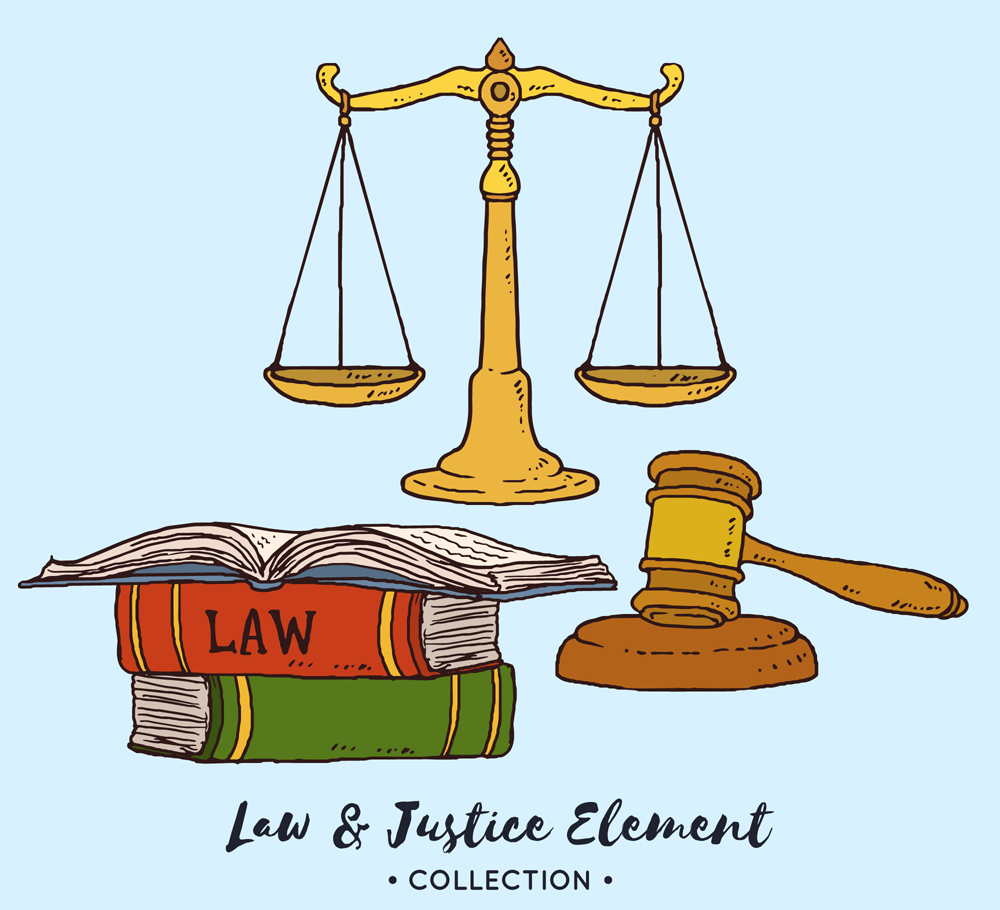In today’s globalized economy, businesses must navigate a complex landscape of national laws and regulations. These laws, often enacted by governments to protect consumers, ensure fair competition, and promote social welfare, can significantly impact how companies operate. This article delves into the potential challenges businesses face when dealing with national laws and provides insights into how these challenges can be managed effectively.
Regulatory Compliance: A Double-Edged Sword
One of the primary challenges businesses encounter is the need for regulatory compliance. National laws often require companies to adhere to specific standards, which can be resource-intensive. For instance, environmental regulations may mandate the use of eco-friendly materials, leading to increased production costs. Similarly, labor laws might stipulate minimum wages and working conditions, which can strain small businesses with limited budgets.
Case Study: The Impact of GDPR on Global Companies
The General Data Protection Regulation (GDPR) is a prime example of a national law with far-reaching implications. Enacted by the European Union, GDPR sets stringent requirements for data protection and privacy. Companies operating within the EU, as well as those offering goods and services to EU citizens, must comply with these regulations. Non-compliance can result in hefty fines, reputational damage, and loss of customer trust.
Intellectual Property Rights: Protecting Innovations
Another critical area where national laws play a significant role is intellectual property (IP) protection. Laws governing patents, trademarks, and copyrights are essential for safeguarding innovations and brand identities. However, navigating the complexities of IP laws can be daunting for businesses, especially those operating in multiple jurisdictions.
The Challenge of Cross-Border IP Enforcement
Cross-border IP enforcement presents unique challenges. Different countries have varying laws and enforcement mechanisms, making it difficult to protect IP rights globally. For example, a patent granted in the United States may not be recognized in China, where counterfeiting is rampant. Businesses must invest in legal expertise and resources to ensure their IP is protected across borders.
Taxation: Balancing Compliance and Competitiveness
Taxation is another area where national laws can significantly impact business operations. Tax laws vary widely between countries, affecting how companies structure their operations and allocate resources. For multinational corporations, the challenge lies in balancing tax compliance with maintaining competitiveness.
The Impact of Tax Reforms on Business Strategy
Recent tax reforms, such as the Tax Cuts and Jobs Act in the United States, have reshaped business strategies. These reforms aim to stimulate economic growth by reducing corporate tax rates and introducing new deductions. However, they also require businesses to reassess their financial planning and operational models to maximize benefits while ensuring compliance.
Labor Laws: Ensuring Fair Practices
Labor laws are designed to protect workers’ rights and ensure fair employment practices. These laws cover various aspects, including working hours, wages, and health and safety standards. While they are essential for promoting social welfare, they can also pose challenges for businesses, particularly those operating in industries with tight profit margins.
The Challenge of Adapting to Changing Labor Laws
Labor laws are not static; they evolve in response to societal changes and economic conditions. For example, the rise of the gig economy has led to new regulations governing freelance and contract workers. Businesses must stay abreast of these changes and adapt their HR policies accordingly to avoid legal pitfalls and maintain a competitive edge.

Environmental Regulations: Balancing Growth and Sustainability
Environmental regulations are increasingly becoming a focal point for national laws. Governments worldwide are enacting stricter regulations to combat climate change and promote sustainable practices. While these laws are crucial for environmental protection, they can also impose significant costs on businesses.
The Transition to Green Technologies
The transition to green technologies presents both opportunities and challenges. On one hand, businesses that adopt sustainable practices can enhance their brand image and appeal to environmentally conscious consumers. On the other hand, the initial investment in green technologies can be substantial, requiring careful financial planning and strategic decision-making.

Conclusion: Navigating the Legal Landscape
In conclusion, national laws play a pivotal role in shaping business operations. While they present numerous challenges, they also offer opportunities for innovation and growth. Businesses must navigate this complex legal landscape by staying informed, investing in legal expertise, and adopting a proactive approach to compliance. By doing so, they can mitigate risks, ensure long-term sustainability, and thrive in an increasingly regulated global economy.
Key Takeaways
- Regulatory Compliance: National laws require businesses to adhere to specific standards, which can be resource-intensive.
- Intellectual Property Rights: Navigating IP laws can be challenging, especially in cross-border contexts.
- Taxation: Tax laws affect business strategy and operational models.
- Labor Laws: Ensuring compliance with evolving labor laws is crucial for maintaining a competitive edge.
- Environmental Regulations: Adopting sustainable practices can enhance brand image but requires significant investment.

By understanding and addressing these challenges, businesses can effectively navigate the legal landscape and achieve sustainable growth in the long run.









